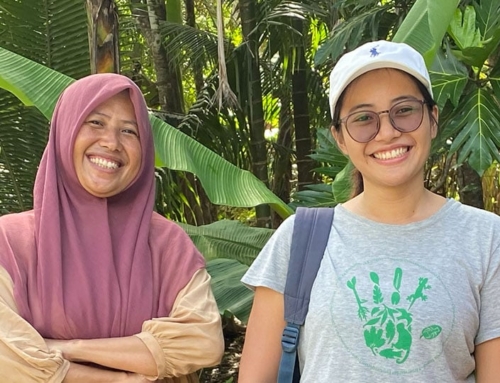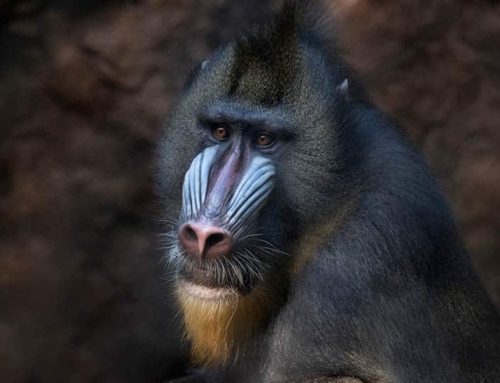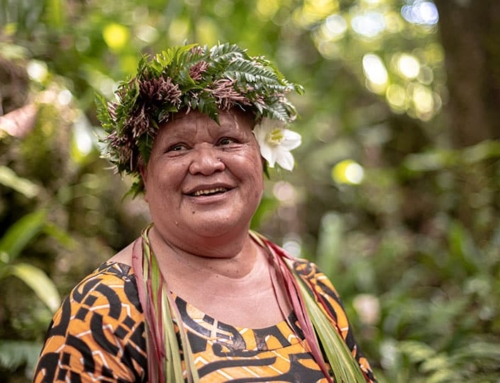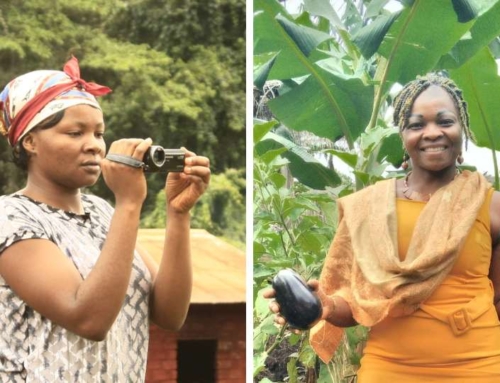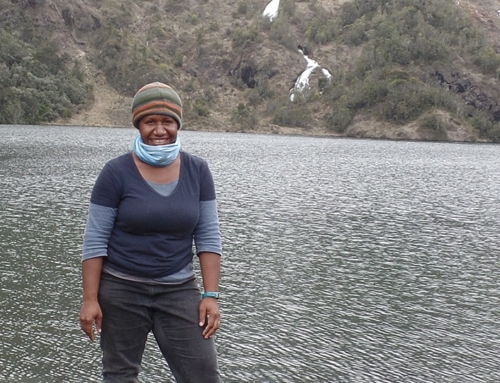When it comes to preserving nature, it can feel like there is an overwhelming amount of work to do, but the new year brings a moment to reflect on what we’ve achieved so far.
Each success makes a difference to species, habitats, and local people, and we’d like to share some of the progress made in 2023 thanks to our supporters and partners.
454 terrapin hatchlings released into the wild
2023 saw many proud moments for our partners protecting threatened species across the globe. It is always a happy day when, after months of work, we get to see the results in action. For SatuCita Foundation, this was the successful release of 454 Critically Endangered painted terrapin hatchlings into the wild this year.
Focusing on conserving turtles, tortoises, and nature in North Sumatra and Indonesia, SatuCita was created when Joko Guntoro, a young Sumatran conservationist, made it his mission to save the painted terrapin from extinction. These remarkable creatures – who get their name from the colourful patterns males adopt in the breeding season – are found in just four countries in Southeast Asia, making them one of the world’s rarest freshwater turtles. Although poaching is no longer as great a risk as it has been, the mangrove habitat where they spend much of their lives remains under threat.
A key part of SatuCita’s work, which Synchronicity Earth funds through our Asian Species Programme, entails conserving species outside their natural habitat. During the nesting season – November 2022 to March 2023 – local villagers and fishers help identify and move eggs to the team at the Painted Terrapin Information Centre. Here, the eggs are incubated at the artificial hatchery pool for the few months it takes them to hatch, before being temporarily raised in the pool. Once ready, the three to five-month-old terrapins were finally released from a coastal beach into their new habitat – the estuaries and rivers of the Aceh Tamiang District.
Since 2013, the programme has released over 4,000 hatchlings and SatuCita are continuing to monitor the impact of this on the recovery of the wild population.
Women leaders uniting for nature in the Congo Basin
In May, Bihini Won wa Musiti – one of our Congo Basin affiliates – joined the First Forum of Indigenous and Local Community Women in Central Africa and the Congo Basin, which took place in Brazzaville. As welcome progress for community conservation, the event centres those who have been historically marginalised in decision-making.
The forum promotes the much-overlooked contributions of women and girls who have played a vital role in protecting the Congo Basin, one of the largest forest ecosystems in the world. ‘Even without finance, women have been managing their forests. If they are more supported, they will do more,” says Omaira Bolaños, RRI director of gender and justice.
200 Indigenous and local community women leaders from 20 countries took part, joining forces with philanthropists and political actors to discuss how strengthening women’s involvement can achieve greater climate resilience. “We are here to learn from each other, for each other, and for our Mother Earth,” said Jenifer Lasimbang, an Indigenous delegate from Malaysia. Also attending were representatives from our Congo Basin Programme partner ANAPAC RDC, who work to secure land for local communities in the Democratic Republic of Congo.
Sessions highlighted the need for action on gender equality and justice. Brunelle Ibula Bolondo, an Indigenous Motwa woman who attended, told Mongabay: “We, women, are on the front line of biodiversity and climate resilience. It is important that we are taken into account, that we are listened to and that we can act.”
A key takeaway is that Indigenous and local women’s unique knowledge has a singular impact on the protection of territories, and the local traditions, languages, customs, myths, and spirits which structure biodiversity conservation here must be documented urgently for future generations.
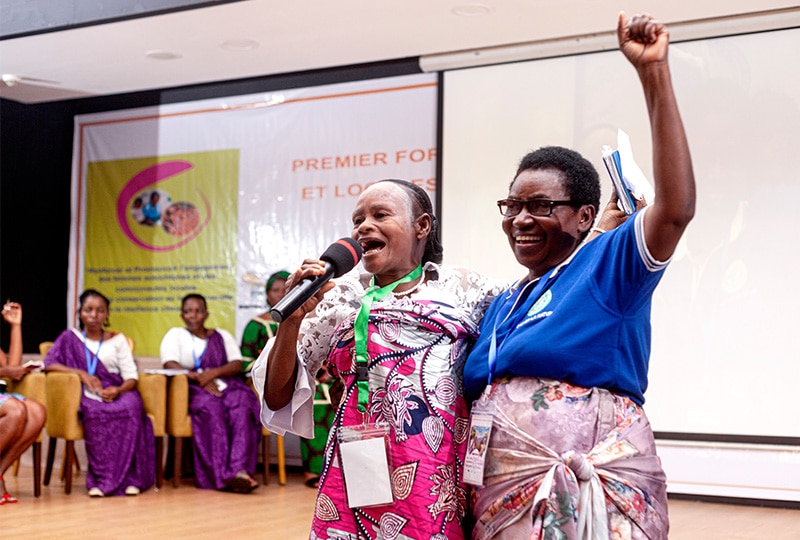
Marie Dorothée Lisenga Bafalikike (left), an Indigenous Baaka woman from Yahuma territory in the DRC chants in solidarity with another forum participant. Credit: Victoire Douniama
Rugby teams named after endangered species in Papua New Guinea
The Kikori Rugby League Club in the remote Gulf of Papua New Guinea have decided to name their men’s and women’s rugby teams after two local threatened species – Piku, the freshwater pig-nosed turtle, and Pidu, the Australian snubfin dolphin.
These are both key species for the Piku Biodiversity Network, which strives to empower local people to support cultures and livelihoods while positively contributing to the area’s biodiversity. The club told Piku Biodiversity Network that this was their way of supporting environmental work in the region. They are excited to wear uniforms promoting Piku and Pidu at regional and national games in the coming months.
They have also unveiled a new logo featuring the animals, which are both found in Kikori. Lukas Timeriki, the club’s competition manager said: “We are proud to officially have our new logo featured in some important components, significant to our province, local Kikori, and its diversity.” This is a powerful example of effective community-led conservation bringing more awareness and a sense of pride for local wildlife.
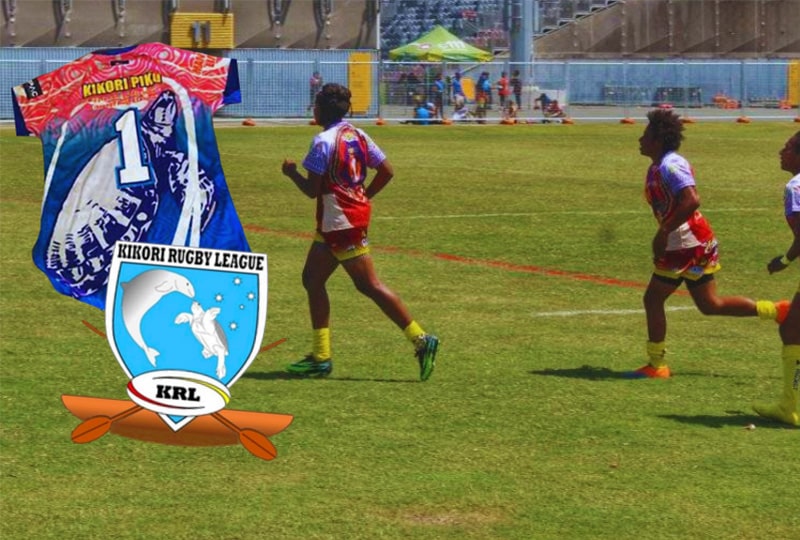
Kikori Rugby League have named their men’s and women’s teams after local animals Pidu and Piku, raising awareness for the region’s biodiversity. Credit: Kikori Rugby League
New caecilian species discovered in Ecuador
Early summer brought the exciting discovery of a new species of caecilian within the Tesoro Escondido Reserve, part of the Chocóan rainforests in northwest Ecuador.
Caecilians are a group of species which resemble worms or snakes, but they are in fact more closely related to frogs. Caecilians are one of three branches of the tree of life that are classed as amphibians, sitting alongside frogs and salamanders. Their name, which is Latin for ‘blind ones’, is derived from the fact that they all have small or non-existent eyes as part of their morphology which is perfectly designed for burrowing.
This new species can be added to the growing list of new amphibian species found in the incredible jungle of the Tesoro Escondido Reserve – meaning ‘hidden treasure’ – which is supported by our More Than Carbon Programme. Though it is yet to be announced officially, with a paper currently in draft to provide an official description, what we do know is that it will be named as a homage to the reserve.
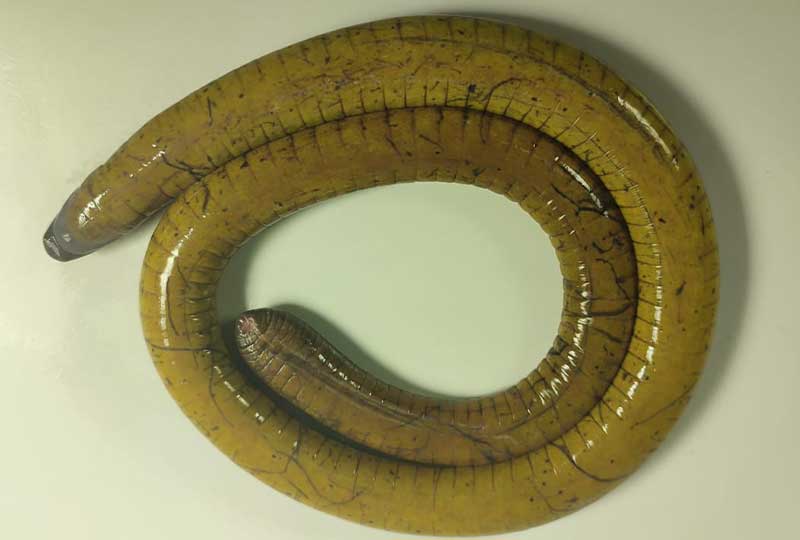
Rarely seen and understudied, caecilians are without question the most overlooked of the amphibians. This new discovery brings the opportunity to learn more. Credit: Citlalli Morelos-Juárez
International collaboration sees moratorium placed on deep-sea mining
Finally, a success for our seas. In August, five Melanesian island nations agreed to pause all deep-sea mining until more rigorous environmental and scientific studies yield further information about its impact. The call was extended to other Pacific nations to follow.
Such progress results from sustained, collective efforts from organisations and communities. As well as representation at International Seabed Authority conferences, this includes the strategic international cooperation of our partner Deep Sea Conservation Coalition and Alliance of Solwara Warriors – a group who united to demand the moratorium on seabed mining in the area. Importantly, youth and Indigenous Peoples were able to raise the concerns of their communities by participating in delegations.
Though the news is welcomed with cautious optimism, as the political dynamics can change, it is very encouraging to see the part our Biocultural Diversity Programme partners have played in policy changes which will protect ocean ecosystems.
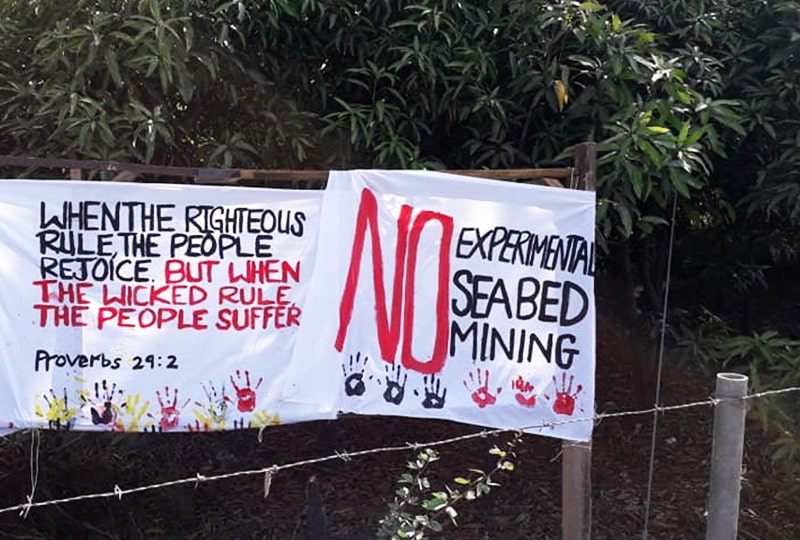
The Alliance of Solwara Warriors is a coalition of communities who are concerned about the threats of mining the seabed. For ocean-dependent communities in the region, the proposed area is significant culturally and as a source of sustenance. Credit: Alliance of Solwara Warriors

